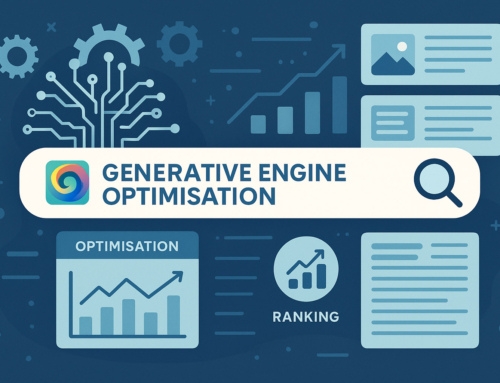
SEO, or search engine optimisation, is the process of improving the visibility of a website or web page in a search engine’s unpaid results. In 2023, the importance of SEO is likely to continue to increase, as more businesses become aware of the benefits of ranking highly in search engine results. This is especially true in light of the fact that Google Ads, the platform for paid advertising on Google, is becoming more expensive. By investing in SEO, businesses can increase their organic traffic and potentially save money on paid advertising.
Will SEO exist in 10 years?
It is difficult to predict exactly what the future of SEO will look like in 10 years, but it is likely that the fundamental principles of SEO will still exist. As long as people use search engines to find information, businesses will want to improve their visibility in those search results. However, the way that SEO is performed and the factors that influence a website’s ranking in search results are likely to continue to evolve.
One major factor that could change the future of SEO is the increasing use of artificial intelligence and machine learning in search engines. Already, search engines use complex algorithms to rank websites and determine which results are most relevant to a user’s query. As AI technology improves, it is possible that these algorithms will become even more sophisticated, potentially making it harder for businesses to game the system and improve their ranking through traditional SEO tactics.
Another potential change to the future of SEO could be the increasing importance of mobile devices. More and more people are using smartphones and tablets to browse the web, and this trend is only likely to continue in the next 10 years. This could lead to changes in the way that search engines rank websites, as they may place a greater emphasis on factors like mobile-friendliness and page load speed.
Despite these potential changes, it is likely that the core principles of SEO will still exist in 10 years. The goal of SEO will still be to improve a website’s visibility in search engine results, and businesses will still need to focus on factors like keyword optimisation and high-quality content in order to rank highly. However, the specific tactics and strategies that are effective for SEO may change as technology and user behaviour evolve.
What is future ready SEO?
Future-ready SEO is a approach to search engine optimisation that takes into account potential changes and developments in technology, search engine algorithms, and user behavior. A future-ready SEO strategy is designed to be flexible and adaptable, so that it can continue to be effective even as the digital landscape changes.
To be future-ready, an SEO strategy should focus on the underlying principles of good search engine optimisation, rather than relying on specific tactics that may become outdated. This means prioritizing high-quality content, user experience, and technical optimisation, as well as staying up-to-date with industry developments and being prepared to adapt to changes in the way that search engines rank websites.
In order to be truly future-ready, an SEO strategy should also consider the potential impact of emerging technologies like artificial intelligence and the increasing importance of mobile devices. By taking these factors into account and staying flexible, a business can ensure that its SEO efforts will continue to be effective in the long term.






